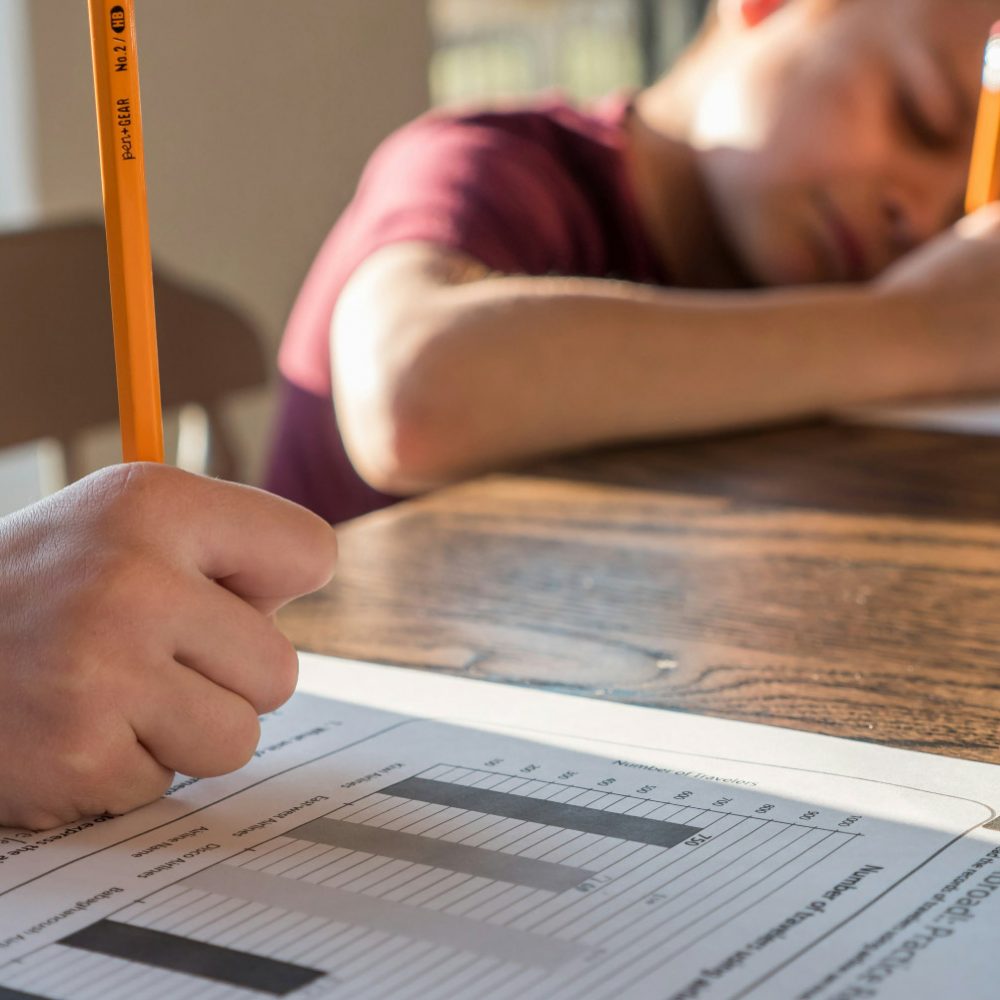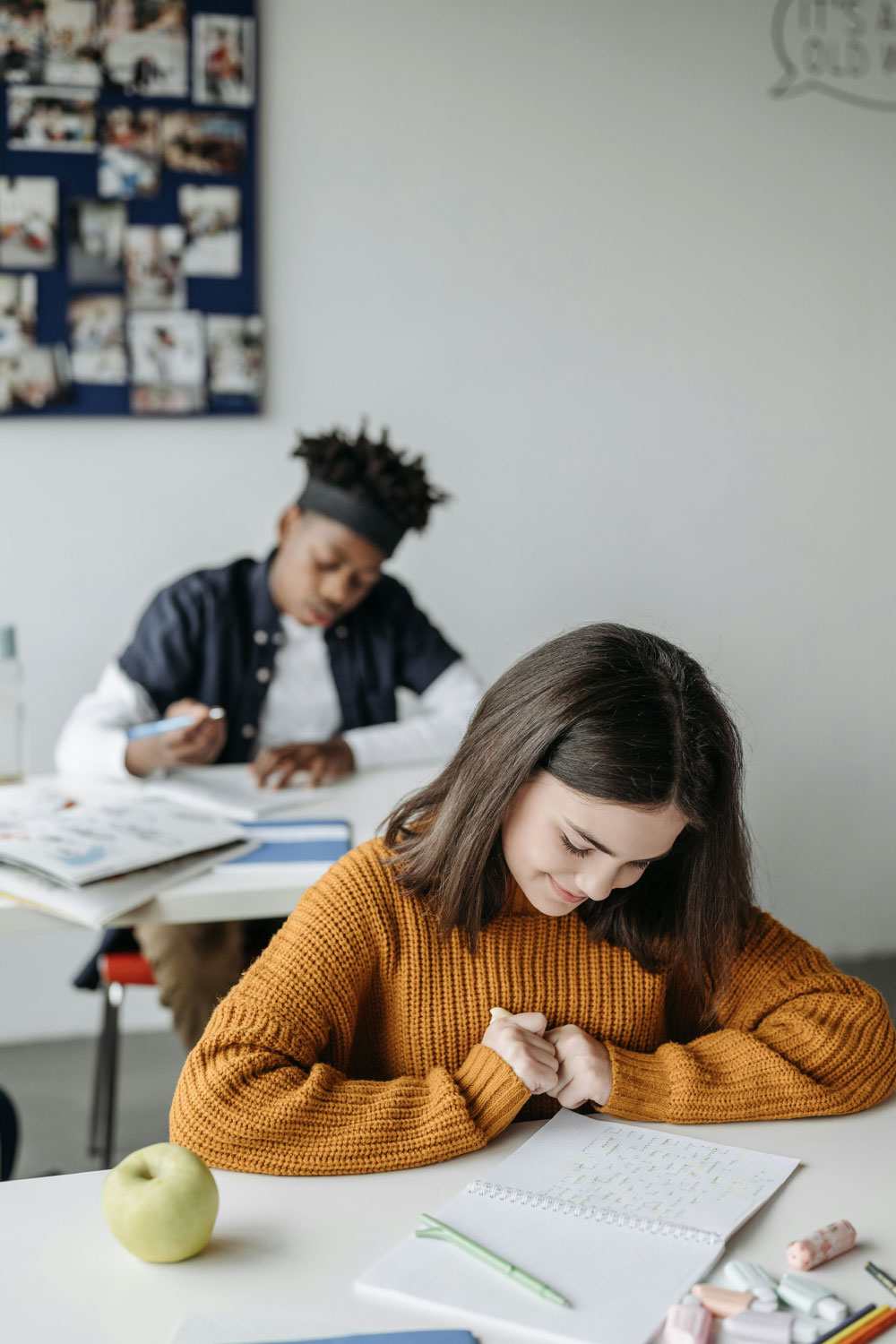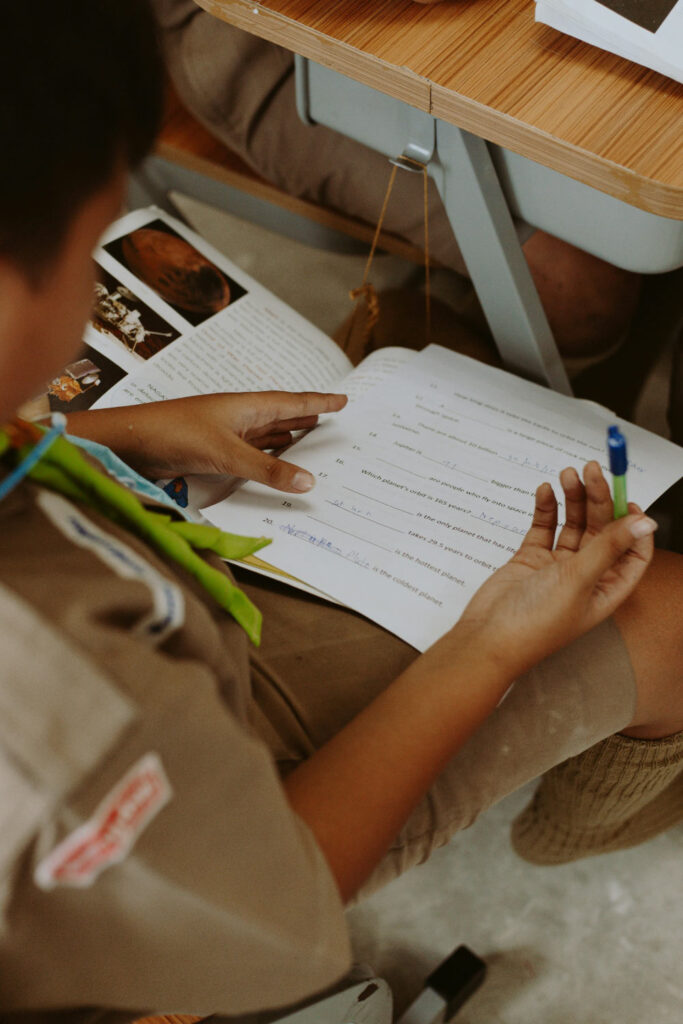New Jersey
School and Home Observations
In the realm of child psychology and family therapy, School and Home Observations serve as pivotal tools for understanding a child’s behavior across different environments. These observations provide therapists and psychologists with a holistic view of a child’s interactions, behaviors, and challenges, enabling them to develop tailored interventions that address specific needs, especially since child behavior can change from one environment to another, sometimes perplexing even the most hands-on parents.
What Are
School & Home Observations

School and Home Observations in New Jersey involve systematic assessments conducted by our team of mental health professionals to evaluate a child’s behavior in both educational and domestic settings. These observations aim to identify patterns, triggers, and environmental factors that influence a child’s actions, emotions, and social interactions. By observing a child in their natural environments, our therapists can gather authentic data that informs effective treatment plans at Behaved Brain.


Reasons To Utilize
School and Home Observations

Behavioral Concerns
If a child exhibits disruptive or concerning behaviors at school or home, observations can help pinpoint underlying causes.
Academic Struggles
When a child faces learning difficulties, observations can reveal if environmental factors contribute to these challenges.
Social Interaction Issues
For children who struggle with peer relationships or social cues, observations can provide insights into their social dynamics.
Emotional Regulation
Observations can help assess how a child manages emotions across different settings.
Diagnostic Clarification
In cases where a diagnosis is uncertain, observations can offer additional information to support accurate identification.
Enhancing Educational Outcomes Using
School Observations
School and Home Observations in New Jersey play a crucial role in improving a child’s educational experience:
- Tailored Interventions: By understanding a child’s specific needs, educators and therapists can implement strategies that cater to their learning style.
- Collaboration with Educators: Observations facilitate communication between therapists and teachers, ensuring consistency in approaches across settings.
- Early Identification: Observing behaviors can lead to early detection of learning disabilities or other challenges, allowing for prompt support.
- Monitoring Progress: Regular observations help track a child’s development and the effectiveness of implemented strategies.
Schools integrate School and Home Observations in New Jersey in various ways to support students:
- Individualized Education Programs (IEPs): Observational data inform the creation and adjustment of IEPs for students in New Jersey with special needs.
- Behavioral Assessments: Schools in New Jersey use observations to assess behavioral issues and develop appropriate interventions.
- Professional Development: Teachers in New Jersey receive training based on observational findings to better support diverse learners.
- Parental Engagement: Sharing observation outcomes with parents fosters collaboration and consistency between home and school environments.
What To Expect During A
School & Home Observation

At Behaved Brain, our therapists and counselors use various approaches to conduct School and Home Observations. The process typically includes:

Pre-Observation Meeting
Discussing concerns and setting objectives with parents and educators.
Observation Sessions
The professional discreetly observes the child in various settings, noting behaviors, interactions, and environmental factors.
Data Analysis
Collected information is analyzed to identify patterns and areas of concern.
Feedback Session
Findings are shared with parents and educators, along with recommendations for interventions or further assessments.

frequently asked questions about
School & Home Observations
What is the purpose of conducting both school and home observations?
Observing a child in both settings provides a comprehensive understanding of their behavior, revealing how different environments influence their actions. This dual perspective ensures that interventions are contextually relevant and effective.
How do school and home observations contribute to a child's development?
Observations identify specific challenges and strengths, allowing for targeted support that fosters academic success, emotional well-being, and social competence.
Are school and home observations intrusive or disruptive to the child?
Professionals aim to observe without interfering, often blending into the environment to minimize any impact on the child’s natural behavior. The goal is to gather authentic data without causing discomfort or disruption.

Sign up for School & Home Observations

School and Home Observations in New Jersey are invaluable tools in the toolkit of child psychologists and family therapists. By providing a nuanced understanding of a child’s behavior across different settings, these observations inform effective interventions that support the child’s holistic development. Collaboration between our therapy team, educators, and families, grounded in observational insights, paves the way for tailored strategies that nurture a child’s growth and success.







